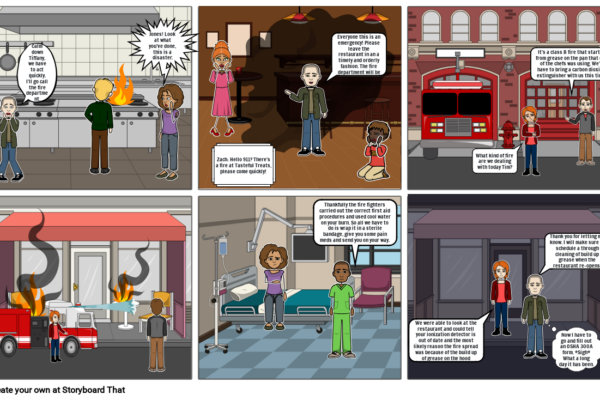
Introduction
Pubs have long served as a cornerstone of British culture and social interaction. They are not just venues for consuming alcoholic beverages but are integral to community life, providing a space for socialising, relaxation, and entertainment. With recent trends indicating a transformation in their roles, understanding the significance of pubs today is essential for appreciating their history and future prospects.
The Role of Pubs in Communities
Throughout the UK, pubs function as informal meeting points where people from various walks of life can gather, fostering communal ties. According to a 2023 report by the Office for National Statistics, over 7 million adults in the UK visit a pub at least once a week, showcasing their popularity. Many pubs host local events, quiz nights, and live music, drawing in patrons and enhancing community engagement.
Furthermore, pubs contribute significantly to the economy, supporting over 600,000 jobs within the hospitality sector. They also serve as a platform for local breweries, promoting regional ales and fostering a sense of local identity among residents.
Recent Trends Affecting Pubs
The COVID-19 pandemic has dramatically impacted the pub industry, with many establishments facing temporary closures or permanent shut-downs. However, the subsequent period of recovery has seen innovations and diverse adaptations. An increasing number of pubs are now offering food menus that cater to changing consumer tastes, alongside traditional beverages. Reports indicate that food-led drinking establishments are thriving, with many transitioning to gastropubs that focus on quality dining experiences.
Moreover, beverage trends have shifted, with a rise in craft beer and non-alcoholic options, reflecting a broader societal change towards health consciousness. Pubs are responding to this by expanding their drink offerings to include low-alcohol products and unique non-alcoholic beverages.
Conclusion
The significance of pubs in the UK extends beyond mere refreshment; they are vital hubs for community connection and local culture. As the landscape continues to evolve in response to socio-economic shifts and consumer preferences, the future of pubs lies in their ability to adapt while retaining their historical charm. Pubs will likely maintain their role as essential components of society, serving as spaces for interaction and cultural exchange, securing their place in the hearts of many.
You may also like

The Importance of Nations in Modern Society

Understanding National Events and Their Significance
